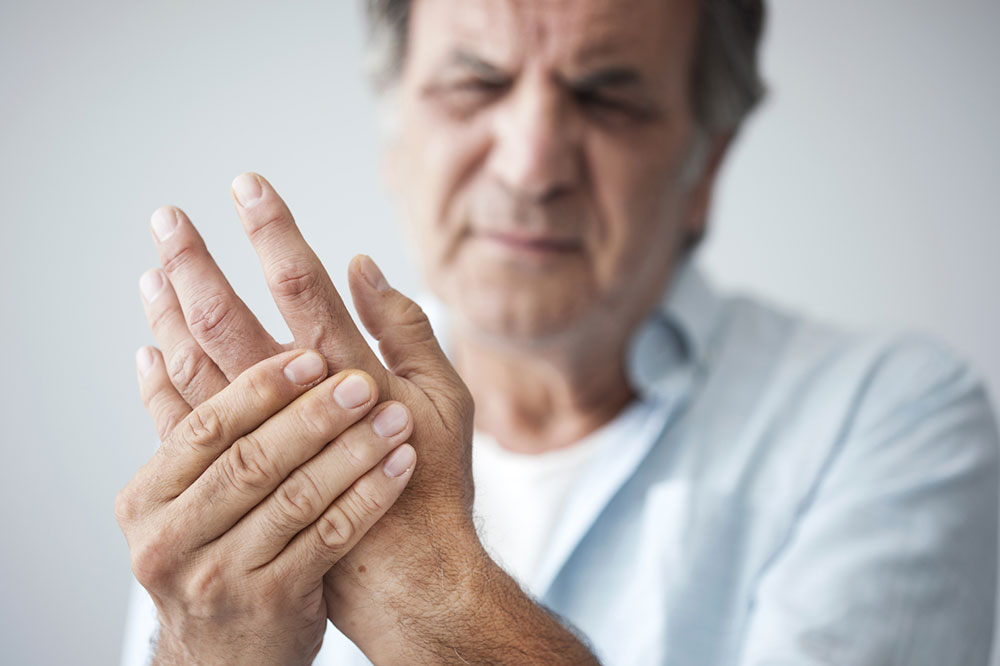
Causes and Symptoms of Rheumatoid Arthritis
Rheumatoid arthritis is an inflammatory disorder that affects the movements in the joints. This occurs when our own immune system attacks our body’s tissues. The lining of the joints gets affected, which causes a painful swelling which further results in destroyed cartilage and bone within the joint. The tendons and ligaments become weak which help hold the joint together. Slowly, the joint loses shape and ligament.
Here are some causes of rheumatoid arthritis in knees.
- Gender
Studies show women are more prone than men to have rheumatoid arthritis, around two or three times more. - Age
Though rheumatoid arthritis can occur at any age, it’s commonly diagnosed between the ages of 40 and 60. - Genetics
If you have a history of rheumatoid arthritis in your family, it may increase your chances of developing this condition. However, this isn’t proven, that if you have a family history of rheumatoid arthritis, you will definitely get it. There is a combination of genes interacting with each other in our body that help this disease or condition to develop. - Weight
There are greater chances of you getting rheumatoid arthritis if you are overweight. An ideal BMI for an adult should be in the range of 18.5 to 24.9. It’s always advisable to maintain a healthy weight. - Diet
Research shows that if your diet has too much red meat and it lacks vitamin C, you may have an increased risk of developing rheumatoid arthritis. - Hormones
Research has revealed that female hormones may contribute as a trigger for this condition. Healthy levels of reproductive hormones, including estrogen and progesterone, are essential. If you notice any early signs of Rheumatoid Arthritis, it’s time to get yourself checked. - Smoking
Smoking increases the chances of developing rheumatoid arthritis. Experts say that smoking can be associated with increased severity of this condition. - Environment
Toxic substances found in the air including pollution, food and product chemicals, passive smoking, and insecticides, are external factors that have a negative impact on your body. Emotional or physical trauma can also trigger the onset of rheumatoid arthritis.
To help you determine if you are suffering from this condition, here are some early signs of Rheumatoid Arthritis.
- Fatigue
A person might get unusually tired or feel weak and lethargic. This sign might come and go. Some people feel ill and some even feel depressed. - Joint Stiffness
Stiffness in one or more joints is one of the most common early signs of Rheumatoid Arthritis. One might feel this at any time of the day, even if they are active or not. - Joint Pain and Swelling
A person suffering from rheumatoid arthritis might feel pain or tenderness in the joints during movement or while at rest. Joint pain is often followed by minor joint swelling. This can last for a few weeks and normally increases with time. - Numbness and tingling
Inflammation exerts pressure on the nerves, causing numbness and tingling sensations. Joints may even produce a cracking noise when moving.
Making a few changes in lifestyle can improve your health and reduce the severity of symptoms. Losing weight, quitting smoking, and exercising will definitely help to make you feel better.


